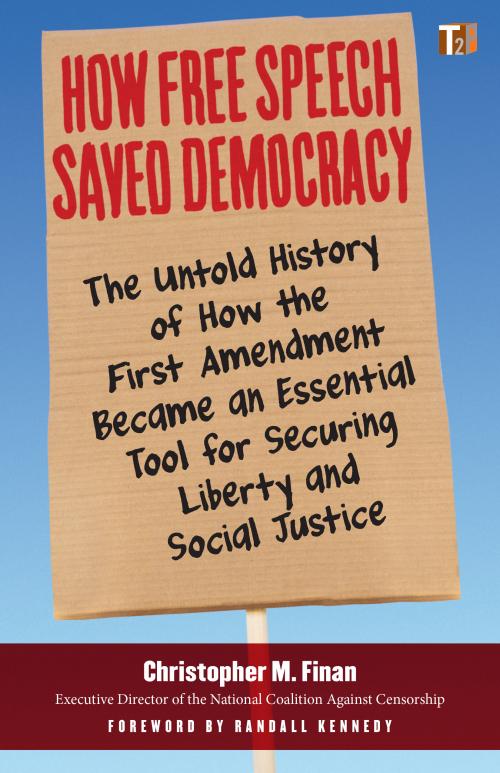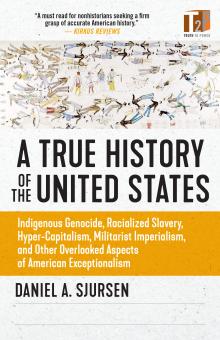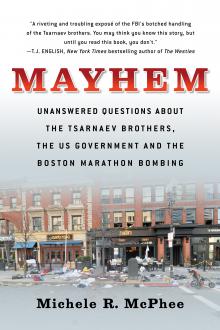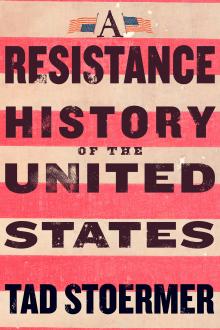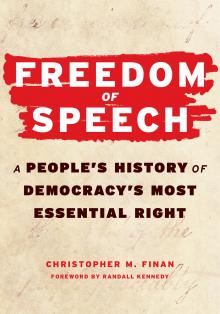“A historical demonstration of the indispensability of the First Amendment [and] … an earnest and timely argument for [its] enduring value.” —Kirkus Reviews
“Great storytelling about the history and importance of the First Amendment, from someone who has spent his life defending — and using — it.” —Mary Beth Tinker
Free speech is not an obstacle to change: it is the way change happens
Uncovering vivid and engaging stories about First Amendment pioneers, How Free Speech Saved Democracy shows how their struggle made possible the surging protests that aim to expand democracy today.
How Free Speech Saved Democracy is a revealing reminder that First Amendment rights have often been curtailed in efforts to block progress, and that current measures to reduce hurtful language and to end hate speech could backfire on those who promote them.
To those who see free speech as a threat to democracy, Finan offers engaging evidence from a long and sometimes challenging history of free speech in America to show how free speech has been essential to expanding democracy.
From the beginning of American history, free speech has been used to advocate for change. In the 19th century, abolitionists, advocates for women’s rights, and leaders of the labor movement had to fight for free speech. In the 20th century, the civil rights and anti-war movements expanded free speech, creating a shield for every protest movement we see today.
Written by a historian who became a full-time defender of civil liberties and has spent four decades advocating for the rights of victims of censorship, this book grew out of Finan’s desire to address the declining support for free speech that is occurring as our country becomes increasingly polarized.
Through his evocative storytelling Finan demonstrates how the most effective antidote for the growth of hate speech and violence is support for and cultivation of the robust alternative of free speech.

